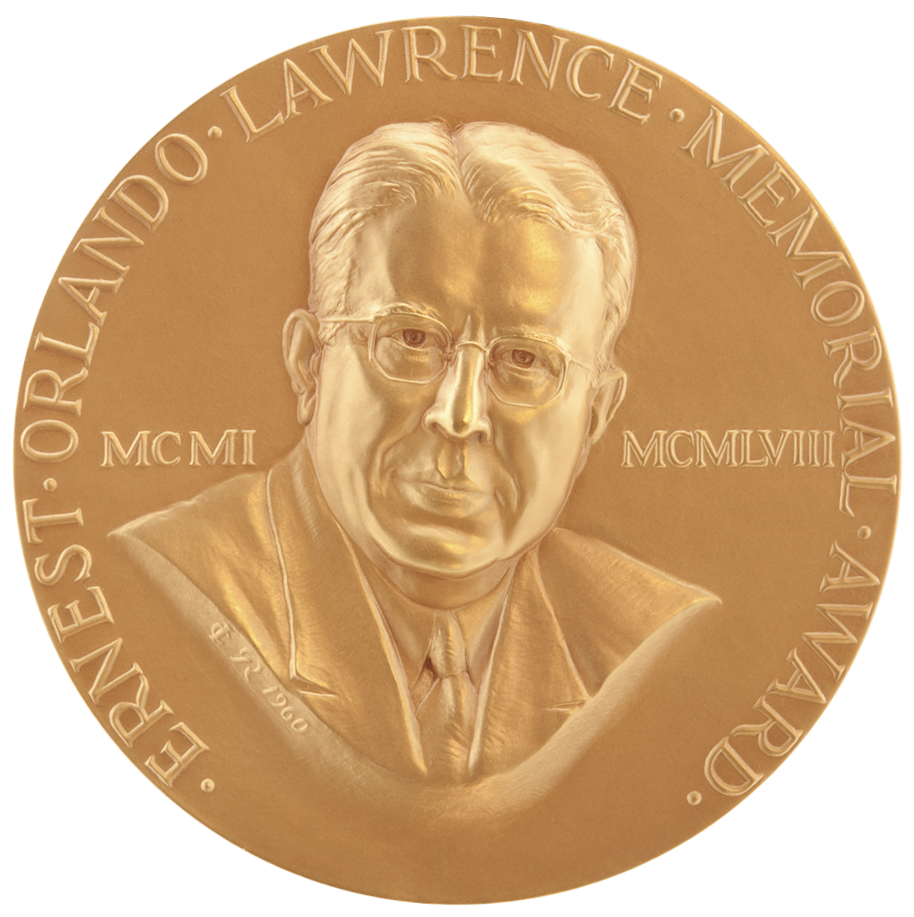Although tiny, the microbes that live in soil have a huge impact on the world around us. Soils store more organic carbon than plants and the atmosphere combined, but their ability to act as a carbon reservoir is under threat due to increased agriculture, permafrost thaw, and atmospheric warming. Since these tiny microbes are highly sensitive to changes in rainfall, temperature, and elevated carbon dioxide due to disturbances in Earth’s carbon cycle, soil plays a pivotal role in regulating our climate.
Path to Livermore
Dr. Jennifer Pett-Ridge has dedicated her scientific career to researching microbial communities, biofuels, soil biogeochemistry, and carbon sequestration. After receiving her B.A. and M.S. from Yale University and her Ph.D. from the University of California, Berkeley, Pett-Ridge has continued her pioneering microbial ecology research at Lawrence Livermore National Laboratory (LLNL).
Mission-Driven Research and Collaboration
Pett-Ridge joined LLNL as a postdoctoral researcher in June 2005, using isotope tracing experiments, single cell imaging (NanoSIMS), and molecular microbial ecology to understand how carbon, nitrogen and other elements are acquired and distributed in microbes. Now a senior staff scientist, she is group leader of Environmental Isotope Systems, principal investigator of the Department of Energy “Microbes Persist” Soil Microbiome Scientific Focus Area, lead of LLNL’s CO2 removal analysis, and an adjunct full professor at UC Merced; her research scope has grown to reflect rising interest in climate mitigation and carbon sequestration.
By mimicking climate shifts in greenhouse and field experiments and observing how microbes respond, Pett-Ridge and collaborators are learning how microorganisms enable the accrual of soil carbon and the roles of specific microbial traits. Their research can help to prioritize soil management that conserves the carbon we have in soil reservoirs and develop new engineered approaches for CO2 capture.
LLNL has a long history of maximizing scientific impact by enabling collaborations that leverage global needs and strengthen organizational programs. While LLNL originally rose to prominence as a physics laboratory, Pett-Ridge and her colleagues’ work signals the importance of rigorous environmental and climate security research across disciplines.
Vision for the Future
Looking ahead, it’s vital that we understand how extreme weather events have natural system feedbacks that are shaped by the genomic capacities of soil microbes. As Pett-Ridge puts it, “Our fate is bound up with soil carbon, and its fate is bound up with these intricate microbial communities, whose individual capabilities and interactions we are only beginning to understand.”
Using biology and isotope biogeochemistry to understand environmental microbial communities


